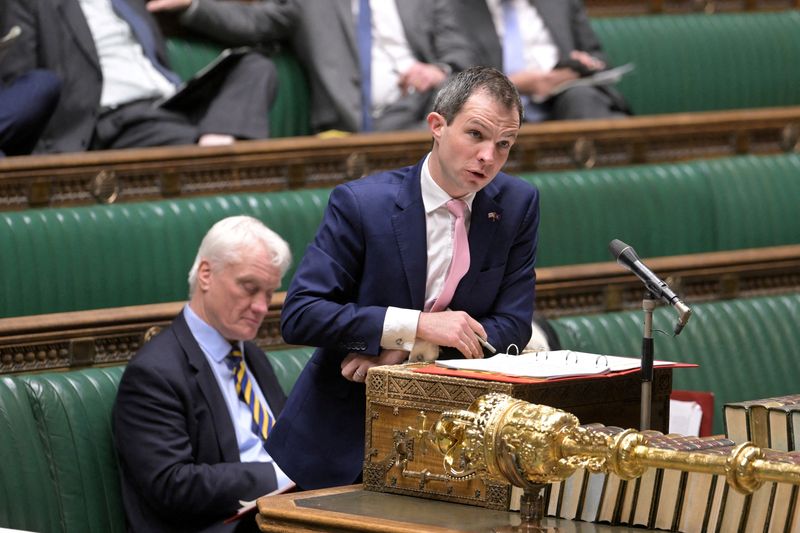5G antenna installation in Bern. The Swiss parliament’s large chamber has approved a motion by the Socialist Party’s parliamentary group to better protect critical infrastructure.Archive image: KEYSTONE
05/03/2023, 06:3003/05/2023, 10:54 a.m
In the future, the Federal Council should be able to exclude certain foreign suppliers from the purchase of IT components for critical infrastructures. The National Council of this view.
A similar proposal by the SP parliamentary group was approved by the Grand Chamber of the Swiss Parliament by 145 votes to 44, with 4 abstentions. Now it is the turn of the Council of States.
What is the point of progress?
More security is needed for critical infrastructures such as the expansion of the 5G networksaid John Bolt (SP/GR). For example, it should be possible to prohibit the future use of technical components if their providers are directly or indirectly controlled by the government of another country – especially if it is an authoritarian state.
Each provider must be able to guarantee and prove the reliability of their products in advance. Bolt mentioned Chinese network provider Huawei, whose relationship to the authoritarian regime of the People’s Republic of China remains unclear.
If we imagine how difficult it has been for Europe in recent months to break free from dependence on Russian gas, as well as for Switzerland, you can also imagine how difficult it will be one day if we don’t even have the legal tools. To free us from technological dependence on critical infrastructure components of this country from a country like China.”
John Bolt, SP National Counsellor
How do you argue the state government?
Federal Council against the initiative. Finance Minister Karin Keller-Sutter (FDP) argued that since digital infrastructures are globally interconnected, the impact of the ban on individual manufacturers in Switzerland must be put into perspective. In addition, it is possible to reduce many risks to an acceptable level through technical, procedural or organizational measures.
US sanctions weigh on Huawei’s profits
Presenting business figures at the end of March, current CEO Eric Xu struggled: This year will be crucial for Huawei’s survival and development. “While it is true that we are under a lot of pressure, we have what it takes to come out on the other end.”
The US government sanctioned Huawei in 2019 under then-President Donald Trump. Concerns about national security have been given as the reason that the network supplier and smartphone provider may be collaborating with Chinese authorities and the military. Huawei has always denied these allegations.
According to press reports, US President Joe Biden is considering toughening sanctions against the company. Huawei may be denied access to semiconductors from important US suppliers such as Qualcomm or Intel. Beijing views the sanctions as an attempt by its rival the United States to slow China’s technological and political rise in the world.
sources
(dsc/sda)
“Down with Xi Jinping!” Anti-government protests in China
Video: Watson
This may also interest you:
The whistleblower leaked about 100 gigabytes of suspected Tesla data to journalists, including sensitive information on customers, employees and business partners. The data leak raises doubts about the security of Autopilot.
Several whistleblowers leaked 100 gigabytes of supposed internal Tesla data to the German “Handelsblatt”. The documents provided by the insiders are said to come from the company’s IT system.
For six months, a team of twelve people evaluated thousands of documents and customer complaints about problems with Tesla’s Autopilot. Tesla files also contain confidential data about customers, employees, and business partners.
Business newspaper conducted the research Thursday evening in a A series of articles has also been published on the Internet (paywall).

“Award-winning music trailblazer. Gamer. Lifelong alcohol enthusiast. Thinker. Passionate analyst.”





More Stories
There is no meeting between Harry and Charles – experts explain the reasons
American star Kim Kardashian in Hamburg – Culture and Entertainment
People: American star Kim Kardashian in Hamburg